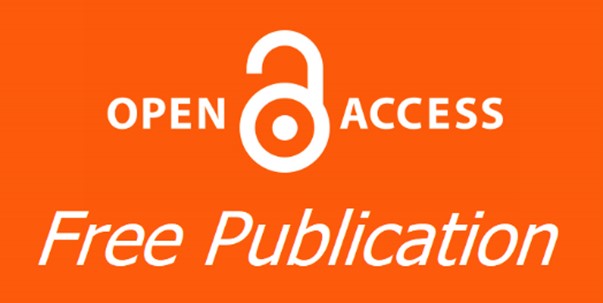Document Type
Original Study
Abstract
Purpose: This study was designed to evaluate the influence of self-assembling peptide P11-4 on microtensile bond strength (µTBS) and nanoleakage of bonded risen-dentin interface. Subjects and methods: Fifty-six human molars were utilized. Dentin specimens were prepared through enamel removal and half of them were subjected to artificial caries production protocol. Specimens were classified into two groups as follows (each =28); (A1) Sound dentin (SD) and (A2) caries affected dentin (CaD). Each group was subdivided into two subgroups as follows (each=14); (P1) samples with peptide P11-4 treatment (Curodont TM Repair) and (P2) samples without P11-4 treatment. Then, each subgroup was subdivided into two divisions (n =7) according to assessment time; (T1) 24 hours and (T2) 3 months. Samples were stored in distilled water at 37ºC. Five samples from each division were used for µTBS assessment and 2 samples for nanoleakage evaluation. Results: It revealed that, the P11-4 significantly increased the µTBS of sound dentin at 3 months and caries affected dentin at both 24 hours and 3 months. P11-4 improved significantly the µTBS of caries affected dentin up to the level of those recorded for sound dentin. Meanwhile, there was a significant reduction in µTBS of untreated caries affected dentin after 3 months. Conclusion: Biomimetic remineralization using P11-4 is believed to be a bright method for enhancing µTBS of caries affected dentin and increasing adhesive restorations longevity.
Keywords
Peptide P11-4, Biomimetic remineralization, Bond durability
How to Cite This Article
Sakr, Nafesa M.; Jamil, Wael E.; and Mosleh, Asmaa A.
(2023)
"Effect of Self-Assembling Peptide P11-4 on Bonded Resin-Dentin Interface,"
Al-Azhar Journal of Dentistry: Vol. 10:
Iss.
4, Article 15.
DOI: https://doi.org/10.58675/2974-4164.1580
Subject Area
Restorative Dentistry Issue (Removable Prosthodontics, Fixed Prosthodontics, Endodontics, Dental Biomaterials, Operative Dentistry)








